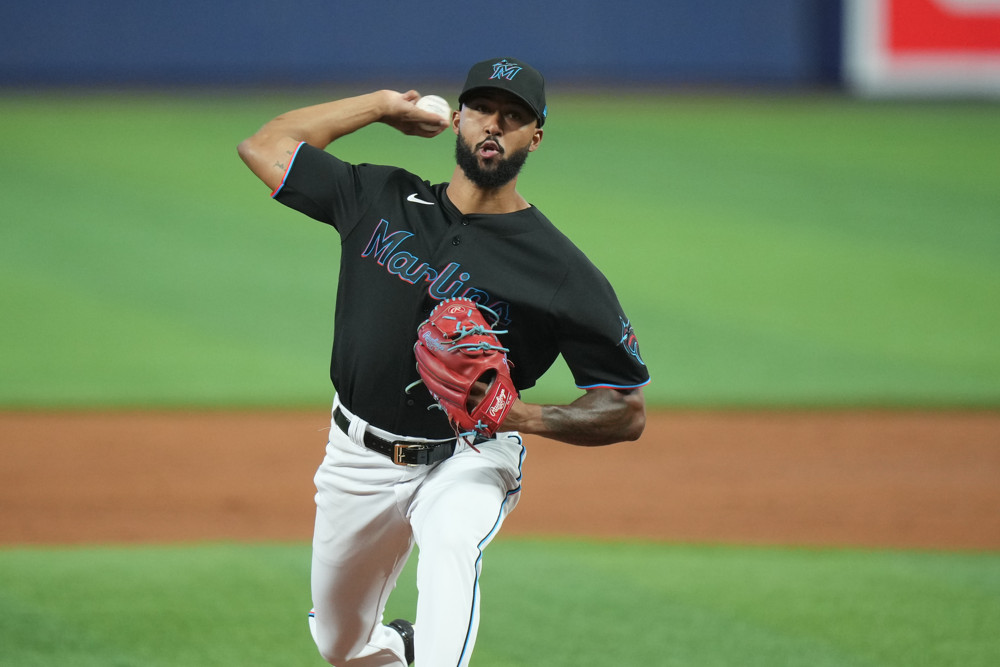Photos: Chris Livingston/Icon Sportswire
BY MARK SIMON
I’m still a few years away from having a vote for the Baseball Hall of Fame and I’ve been wondering recently whether Chase Utley will still be on the ballot when I do have a vote.
Utley got just below 30% of the vote last year in his first year on the Baseball Writers Association of America ballot. He’s probably going to do better than that this year, but he’s still going to be well short of the 75% needed for election to the Hall of Fame. The ballots are in for this year’s class, which will be announced on January 21.
Utley’s candidacy is driven by his six-year peak from 2005 to 2010 when he was the most complete player in baseball. He totaled 45.5 WAR per Baseball-Reference, a figure surpassed in that span by only Albert Pujols.
Most Wins Above Replacement – Position Players
2005 to 2010 (Baseball-Reference Version)
| Player | WAR |
| Albert Pujols | 52.1 |
| Chase Utley | 45.5 |
| Alex Rodriguez | 38.3 |
| Mark Teixeira | 33.4 |
| Joe Mauer | 31.8 |
| David Wright | 30.0 |
Utley averaged 27 home runs and 15 stolen bases per season and played an average of 145 games per year in those six seasons. His OPS was 33% better than MLB average when adjusted for ballpark and his OPS as a second baseman was at least 40% better than the average second baseman in five of the six years.
Additionally, Utley’s 119 Defensive Runs Saved and 14.2 Defensive WAR (another figure calculated by Baseball-Reference) were also the best in the majors in that time.
Within the years Defensive Runs Saved has existed (it dates back to 2003) only three other players have tallied that many Runs Saved over a six-season span: Andrelton Simmons, Kevin Kiermaier, and Mookie Betts.
In those six seasons, Utley finished in the top three in Runs Saved among second basemen five times. His 126 career Runs Saved rank second overall at second base behind Mark Ellis (128).
In 2008, Utley had 35 Runs Saved from his range and positioning (we give him and not the team credit for where he was positioned) and saved 46 plays more than the average second baseman would have against the same assortment of batted balls. The 35 Range Runs Saved are tied with Simmons (2017) for the most at any position in a season since the stat was first compiled.
In the postseason from 2007 to 2010, Utley had a .902 OPS, 10 home runs, 25 RBI, and 38 runs scored in 46 games. He was a statistical superstar from April to September and he was one in October too.
Utley was still a good player in the first four years post-peak (2011 to 2014). Where he fizzles is in the last four seasons of his career when he posted a .682 OPS, had -12 Runs Saved, and totaled 2.3 WAR. He went 0-for-30 in his last 15 postseason games.
A stronger finish would have allowed him to clear 2,000 hits (he finished with 1,885), 300 home runs (he totaled 259), and 70 Wins Above Replacement, which would have made his candidacy stronger.
As it is, his career stats are still good enough to clear Bill James’ Hall of Fame Value (HOF-V) benchmark. HOF-V is defined as the sum of a player’s Win Shares (Utley tallied 291) and four times his Wins Above Replacement (64.5). Utley scores a 549.2. The only players on this year ballot with a higher score and who are untainted by either PED use allegations, a cheating scandal, or domestic violence allegations are Bobby Abreu (596.7) and Ichiro Suzuki (564.0). A score of 500 is generally the bar for Hall of Fame worthiness.
Utley isn’t one of those slam-dunk, easy-decision candidates. But he has the credentials in 2025 and any year moving forward to be Cooperstown worthy. If he’s still on the ballot when I have a vote, I’ll be checking off his name.

